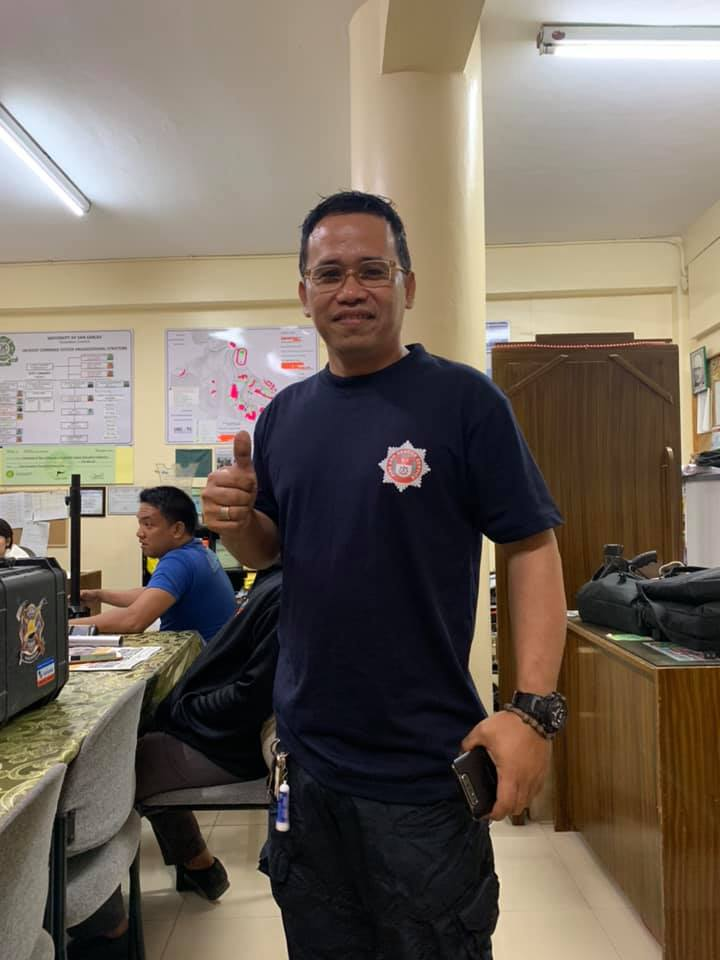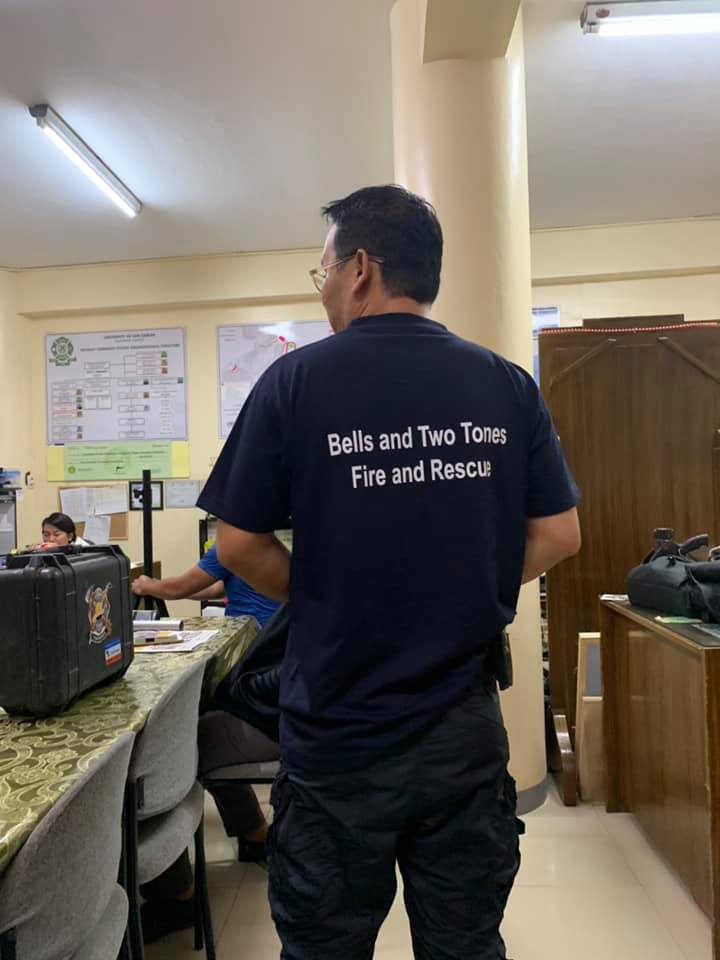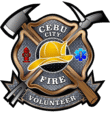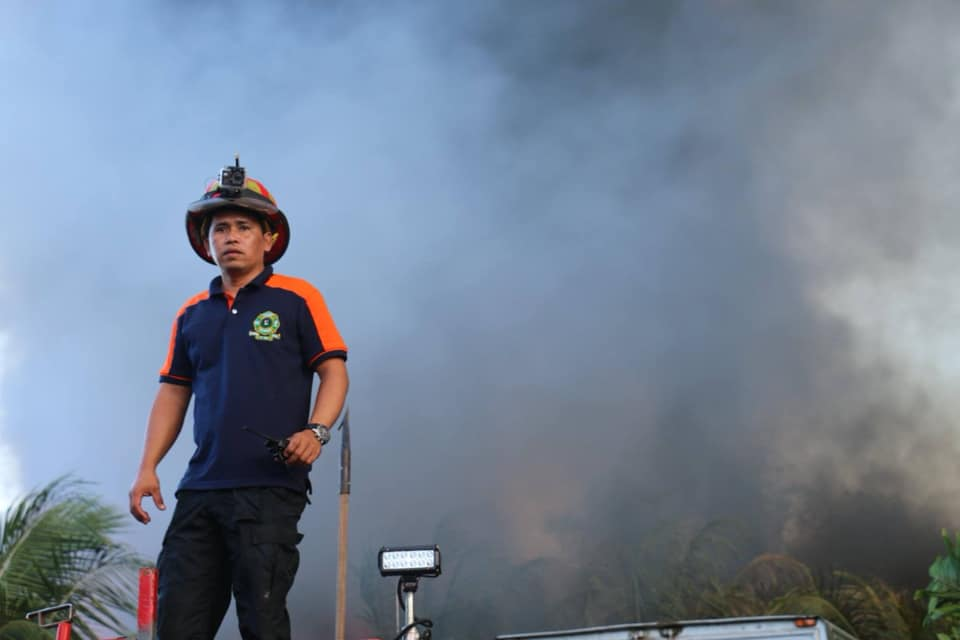Cebu City Fire Volunteers (CCFV) was never born out of funding, fame, or formality. It began with one man — Dominador D. Suico Jr. — and his unwavering desire to help. In 2009, he served as a barangay volunteer, but left due to internal challenges. Two years later, in 2011, he volunteered under the Cebu City Fire Station and Bureau of Fire Protection (BFP), but couldn’t formally carry their name. Still, that didn’t stop him. On his protective gear, he simply wrote: “Cebu City Fire Volunteer.” He never set out to form a group — he just wanted to help.
But like-minded people from different barangays soon came together, sharing the same vision. They had no funds, no equipment — only the willingness to show up. They joined every training they could, using personal money for uniforms and gear. During early operations, they fought fires wearing just long sleeves — not flame-retardant suits — and with no fire truck in sight. But they still ran toward the flames, not away.
To support the team, Sir Dominador became a sales agent for firefighting equipment. But instead of receiving commissions in cash, he requested gear — boots, PPEs, hoses — anything to help the group. He even purchased their first portable pump using personal funds. Their first vehicle wasn’t a fire truck — just a surplus Japanese double-cab truck with a wide rear bed. Later, through fundraising and sacrifice, they upgraded to a used fire truck. It was old, rusty, and seemingly destined for scrap — but they saw potential. With care and work, they transformed it into their first real firetruck. That was in 2016.
Since then, they’ve grown — acquiring better equipment, earning the respect of BFP, barangays, and even the Mayor, who praised their creativity in responding to fires in areas where traditional trucks couldn’t enter. From manually carrying pumps, hoses, and water through tight alleys, to leading full-scale operations — they became known not for what they had, but for what they gave.
In 2013, they officially registered CCFV by hiring a secretary and complying with legal requirements to legitimize their service. And ever since, through floods, fires, and personal sacrifice, this group has remained fueled not by resources, but by something greater: heart.



